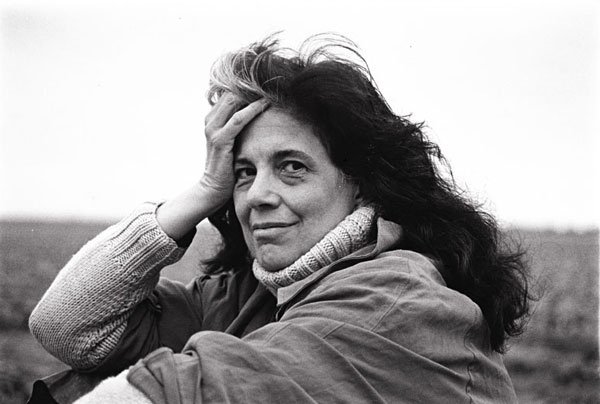
Michael Abbott has an essential post at Brainy Gamer today about the state of game writing as it relates to the experience of playing indie games. Game writing, he argues, has ossified into shorthand that does not capture what it is to play truly new-feeling games:
What emerges is a stark and narrow collection of terms, none of which goes very far describing the essence or, dare I say, soul of these games. There’s nothing wrong with words like “emotional” or “experience” per se. Most games do convey a “world” and deliver “gameplay,” but too often these terms function as generic placeholders. They communicate a vague sense of something richer, more vivid and complex. In a mush of overused terminology, they’re essentially meaningless.
Abbott goes on to cite Susan Sontag’s famous claim in Against Interpretation that critics have an obligation to use their senses to bring a work of art alive in the mind of the reader. I agree. I’d also add that it is always the duty of the writer to distrust cliche, and to avoid predigested language. I think if we all follow Orwell’s timeless instructions from Politics and the English Langauge, there should be no trouble describing any games, mainstream or independent.
(i) Never use a metaphor, simile, or other figure of speech which you are used to seeing in print.
(ii) Never use a long word where a short one will do.
(iii) If it is possible to cut a word out, always cut it out.
(iv) Never use the passive where you can use the active.
(v) Never use a foreign phrase, a scientific word, or a jargon word if you can think of an everyday English equivalent.
(vi) Break any of these rules sooner than say anything outright barbarous.